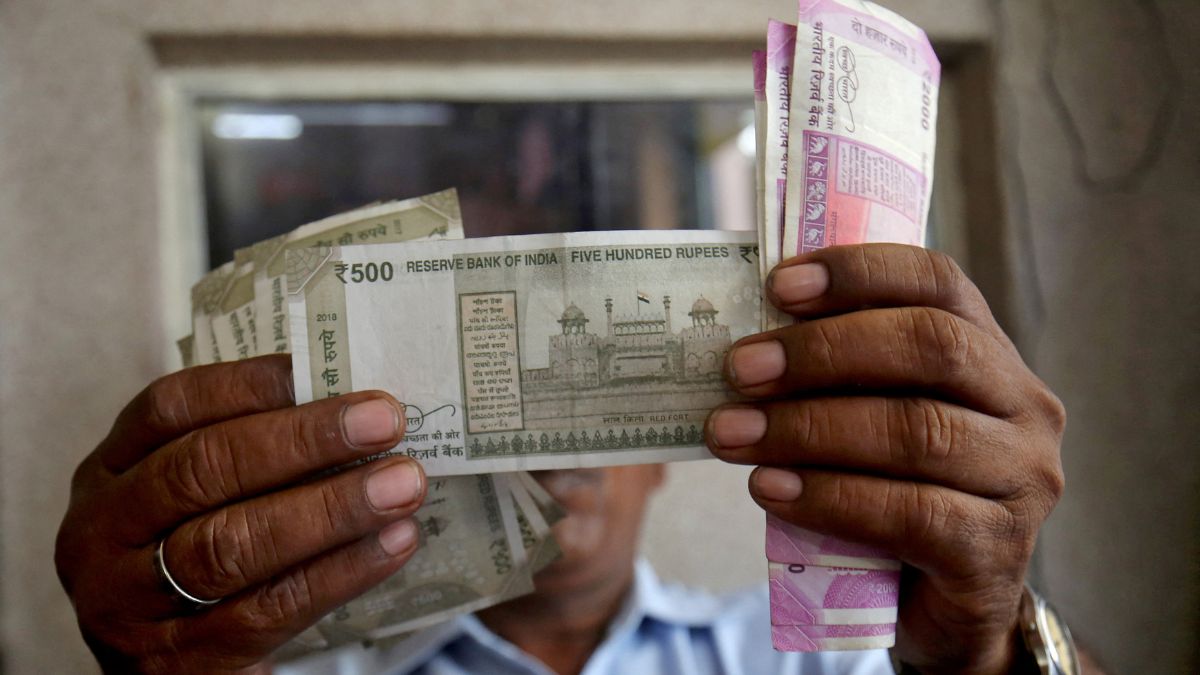A recent report by Deloitte India has unveiled a significant surge in the average CEO salaries in India, soaring by 40% compared to pre-COVID-19 levels.
The study, titled the Deloitte India Executive Performance and Rewards Survey 2024, highlights that the average CEO compensation now stands at Rs 13.8 crore.
Notably, CEOs who are also promoters or part of the promoter family command even higher compensation, averaging Rs 16.7 crore. Anandorup Ghose, Partner and CHRO Programme Leader at Deloitte India, attributed this trend to two key factors.
Firstly, professional CEOs experience more frequent turnover compared to promoter CEOs, who tend to have longer tenures on average. Secondly, the wide range of compensation among promoter CEOs contributes to the higher averages observed.
The report underscores that over 50% of CEO compensation is linked to short-term and long-term incentives, reflecting a significant portion of ‘pay-at-risk’. Particularly for professional CEOs, this figure rises to 57%, emphasizing the greater risk exposure inherent in their compensation structure compared to promoter CEOs, who stand at 47%.
Furthermore, the study reveals that professional CEOs receive 25% of their target compensation through long-term incentives, often in the form of share-linked incentives.
This signifies a strategic alignment of executive compensation with long-term organizational performance and shareholder value creation.
The Deloitte report sheds light on the evolving landscape of executive compensation in India, reflecting both the rising market demand for top talent and the increasing emphasis on performance-based incentives in corporate governance practices.
Impact Shorts
More ShortsAccording to Deloitte, CEO compensation in India has seen high-single-digit annualised growth rates.
“The wide gap between median and average CEO compensation (Rs 9.3 crore versus Rs 13.8 crore) indicates the wide range of compensation numbers and some outliers on the higher end,” it added.
While assessing CEO and CXO performance, most companies use a holistic scorecard that includes a mix of financial and non-financial metrics and targets. However, incentives for CEOs and CXOs are still tilted towards financial company-level goals within those scorecards.
On long-term incentives, Deloitte said the percentage of companies using share-based incentives continued to increase (75 per cent in 2024 vs 63 per cent in 2020) and the the prevalence of stock options, or ESOPs, continued to decrease (49 per cent of companies in 2024 vs 68 per cent of companies in 2020).
“Large Indian companies with more mature and globally aligned compensation practices are pivoting towards Performance Shares and use of multiple incentive plans for different employee cohorts. Conversations in the boardroom have also shifted from the need for share-based payment to the return from these incentive structures to stakeholders,” Anandorup Ghose added.
Meanwhile, an analysis of CEO changes in BSE 200 companies (excluding PSUs) revealed that 45 per cent of companies witnessed a CEO change over the past five years. Six of every 10 new CEOs are homegrown (internally appointed) and the remaining four CEOs were external hires.
The fifth edition of the Deloitte India Executive Performance and Rewards Survey was launched in September 2023. More than 400 organisations participated in this B2B India-specific survey, which did not include any public sector companies.
With inputs from PTI
)